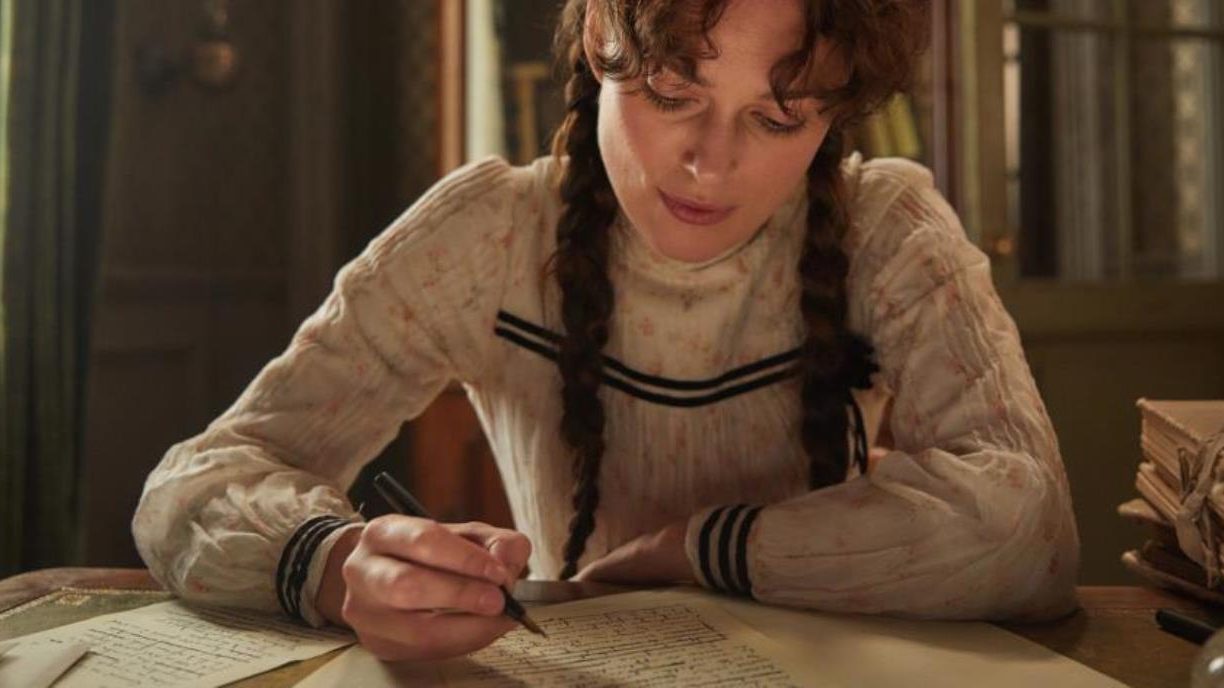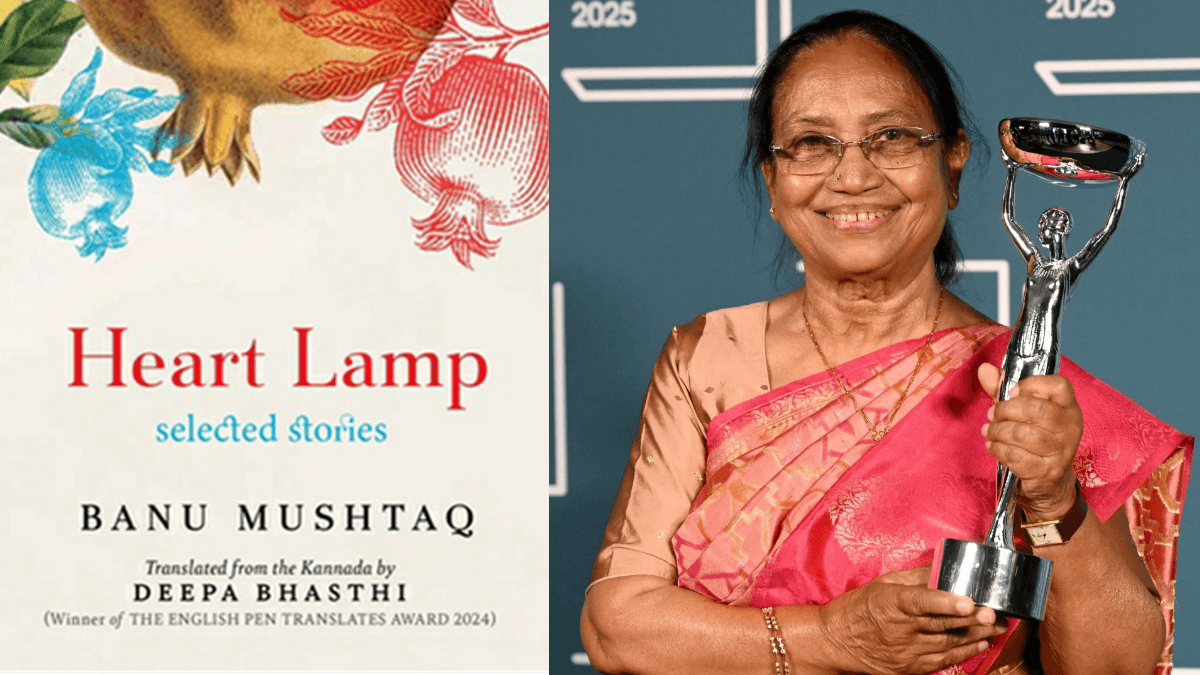Last weekend at a local book club meeting, we were discussing the recently concluded Women in Translation month. The number of books we managed to discover in this month was mammoth. We were all busy comparing notes when I happened to raise a question, I always ask at all literary discussions and meet-ups, but have found no answer to—”Why is there a category called ‘Women’s Writing’ when there is no such category for ‘Men’s writing’? And what exactly is ‘Chick Lit’?”
What is Women’s Writing?
In 2016, Emily Gould (novelist and founder of Gould Books) held a symposium to explore what exactly is women’s writing. Sadly, they couldn’t reach a definite conclusion in that one evening as to what can actually be construed as women’s writing. If we refer to Wikipedia’s definition of Women Writing then it is—
“The academic discipline of Women’s Writing as a discrete area of literary studies which is based on the notion that the experience of women, historically, has been shaped by their gender, and so women writers by definition are a group worthy of separate study: “Their texts emerge from and intervene in conditions usually very different from those which produced most writing by men.” It is not a question of the subject matter or political stance of a particular author, but of her gender, i.e. her position as a woman within the literary world. The majority of English and American literature programs offer courses on specific aspects of literature by women, and women’s writing is generally considered an area of specialization in its own right.“
What is Chick Lit?
Chick lit is the genre of books which have a female central character and takes the reader through her life dealing with relationships, profession, friendships etc in a light hearted manner.
If you walk into any leading book store, you might find racks of book stacked with the label ‘Women Writing’. However, it is important to note, that the publishing houses, bookstores (online and offline) don’t display books written by male authors
Why is Women’s Writing a category?
Though there is no specifically known reason behind this genre except it being a reason to bring women writers into foray. It has been noted widely that the difference in the writing by the genders is clearly visible across various themes and sub-genres they have written in. If you walk into any leading book store, you might find racks of book stacked with the label ‘Women’s Writing’. However, it is important to note, that the publishing houses, bookstores (online and offline) don’t display books written by male authors under the category of Men’s writing like they do for female authors.
Also read: Writing From The Margins: Meet 6 Authors Who Are Women of Colour
How Does It Impact Women Writers?
Interestingly, there is a certain gendering which impacts even the sales of books written by women writers.
Women, in general do not have it easy in any corner of the world. They are expected to balance domestic responsibilities, also with a career. One glance at writing community twitter and you will notice a common trend. Male writers claiming how they could manage to reach their target of 0000 words for the day while women writers might be sharing a story about their child, kitchen escapades or their pet stories along with apologetic confessions about not being able to write as much as they would have wanted to. For women, it is always going to be a tight rope walk where they are trying to balance it all and still strive hard to achieve their dreams. To top it all when they succeed, instead of appreciating and accolading their achievements, they are told they got it easy because of their looks and their gender.
To top it all when they succeed, instead of appreciating and accolading their achievements, they are told they got it easy because of their looks and their gender.
The Possible Change
Thanks to social media, a lot of bookshops are recognising this as an issue and have started placing their books hiding their spines. The concept of Blind Date a Book is also catching up with book lovers because of its basis to judge a book is purely the themes it talks about. No covers, not author names or images and no blurb to judge the book from.
Handles like Read Women, Read More Women, Women in Translation, Women Writers on Twitter are working hard to bring lesser known authors to the mainstream. Initiatives like Second Shelf (London)and closer home, Sister Library in Mumbai are the ones whose tireless efforts to add strength to the voices of women authors are applaud worthy. But does it still justify a dedicated rack or section in bookshops? No.
What is needed is more equality in terms of opportunities presented to authors be it both publishing and marketing. Books need to be sold basis their genres and age category rather than based on the writer’s gender.
Conclusion
To an extent, it is agreeable that women writers need to be encouraged more purely because they have been side-lined for years now for various reasons.
When Daphne Du Maurier had written her masterpiece Rebecca, it was dismissed as women’s fiction leading to a lot of misinterpretation for years before it was considered a cult classic. It is not uncommon to hear people react negatively to thrillers, murder mysteries and such genres penned by women writers. For some reason, these genres have been considered worthy of being written only by men. Moreover, there have been cases of women writers in the past being advised to adopt male pen names just to ensure their books sell.
If that is not enough, sample this- Abe Books, a reputed online marketplace for books, fine art and collectibles doesn’t have a single women author on their 2019 list of most expensive sales for inexplainable reasons. Furthermore, we cannot ignore the observations of this publisher who has their own reasons to have male authors.
Also read: In Conversation With Smriti Bhoker— Women’s World Of Urdu Writing
A book deserves to be published irrespective of the writer’s genre. It is high time we get rid of the mindsets where we are judging the book based on the gender of the writer.
Featured Image Source: State Cinema
About the author(s)
Namrata is a lost wanderer who loves travelling the length and breadth of the world. She lives amidst sepia toned walls, fuchsia curtains, fairy lights and shelves full of books. When not buried between the pages of a book, she loves blowing soap bubbles. A published author she enjoys capturing the magic of life in her words and is always in pursuit of a new country and a new story.




